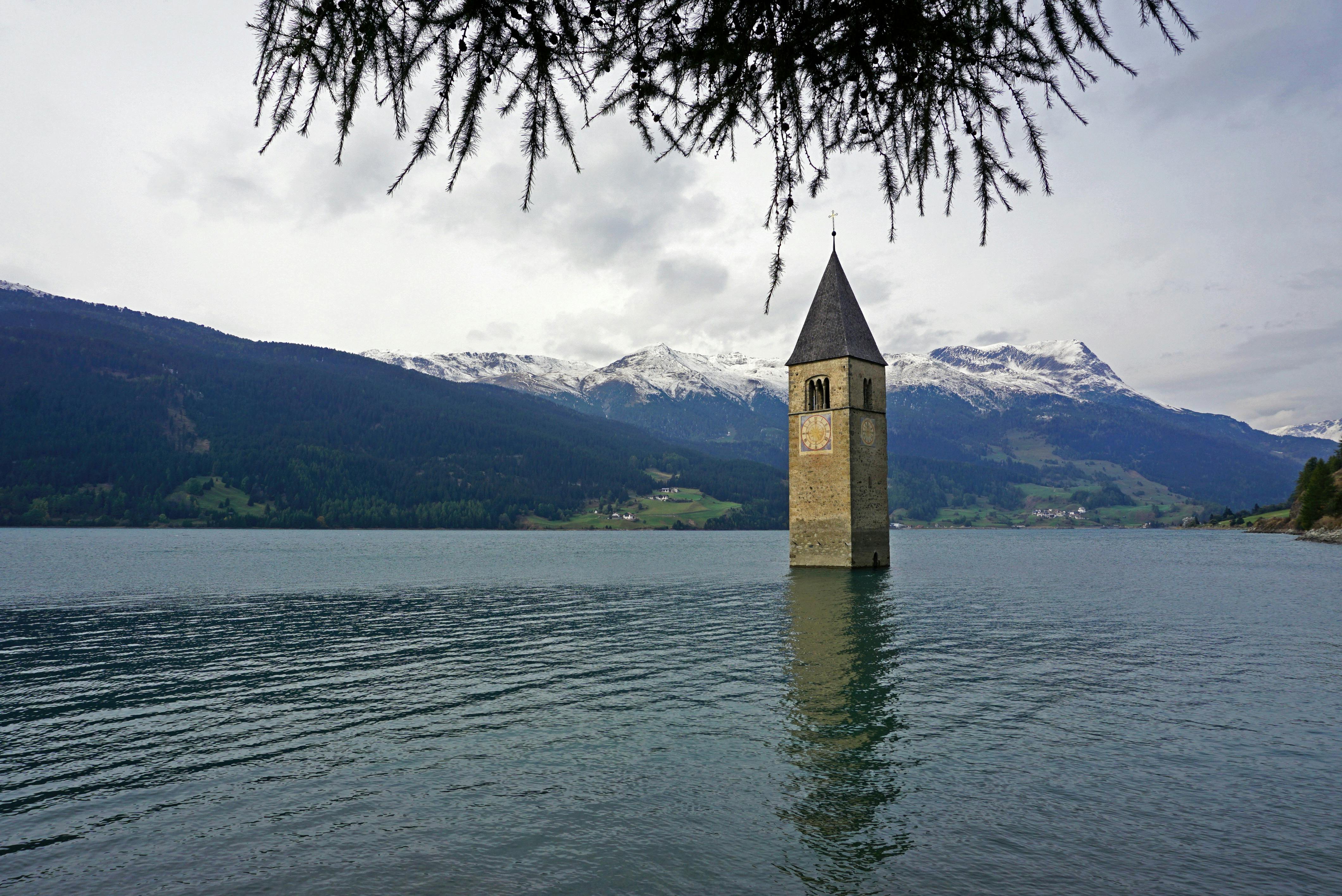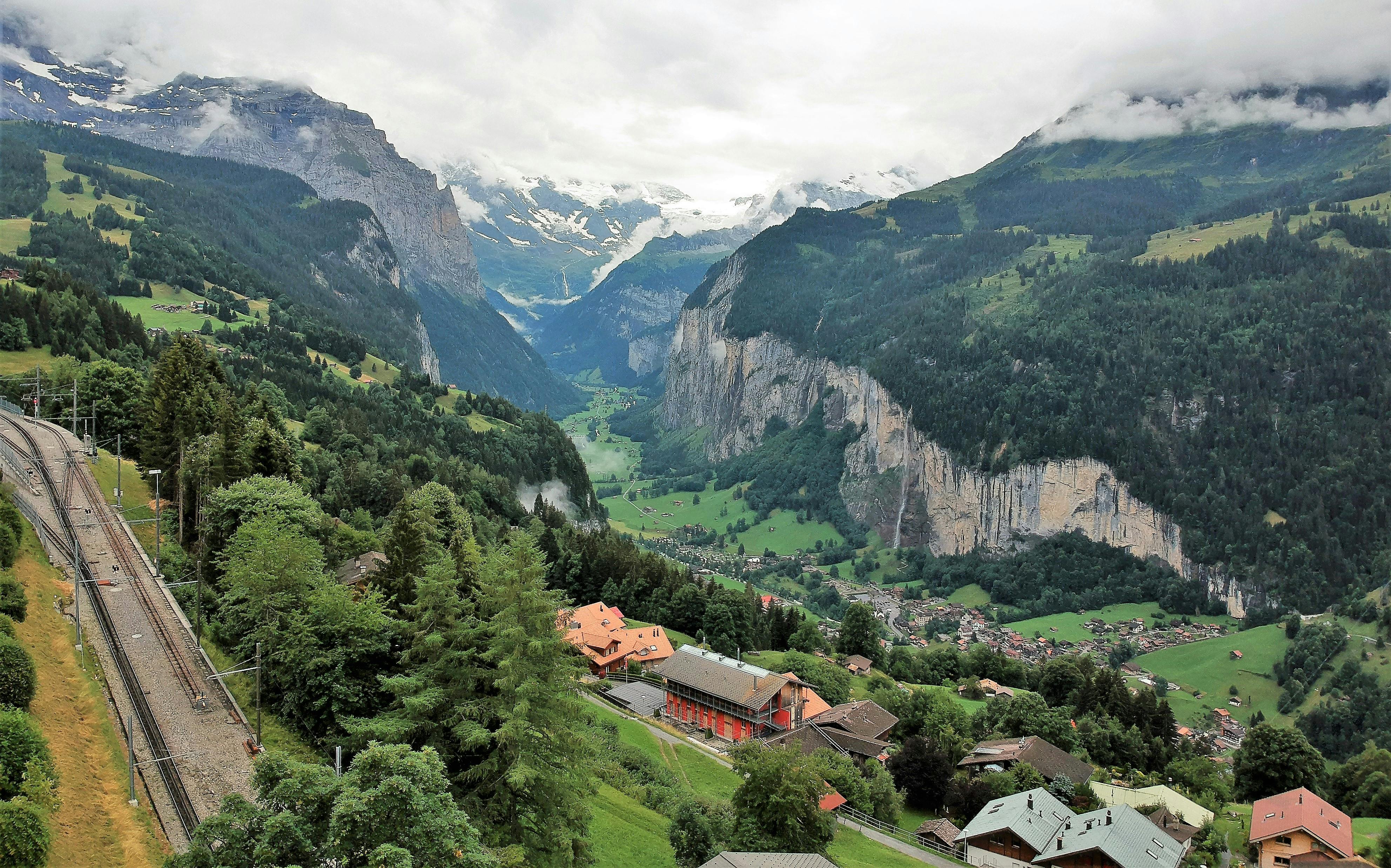Which is better, your English or your Japanese? As you know, you make comparisons all the time. To get around Japan faster, you might want to ask, “Which is faster, the bus or the train?” On the other hand, you might ask, “which is better, sushi or tempura?” There are all kinds of comparisons to help you make the best decisions in Japan. Use this Japanese for Beginners article to learn how to make comparisons. master’s degree dochira no hoo ga (“which of the two”) to ask which of the two options is better. You will be constantly comparing quantity or quality in Japanese, and this article gives you the skills to do it correctly. Along with sentence structures that allow you to compare two things, you’ll learn vocabulary words like “cold,” “car,” “young,” and many others. If you want your Japanese to stack up, you need this Japanese article for beginners!
Vocabulary: In this article, you will learn the following words and phrases:
eki – “train station”
Keisei Skairina – “Keisei Skyliner”
futsuu – “normal, regular”
dochira – “which”
yasui – “cheap, inexpensive” (final adjective -i)
dammit – “from afar, all the time, all the time”
hayai – “fast, fast” (final adjective -i)
eki’in – “waiting station”
roojin – “the old man, old man”
Grammar: In this article, you will learn the following words and phrases:
Vocabulary and useful phrases
Kore wa Narita and ikimasu ka.
“This train goes to Narita?”
This sentence structure was already introduced in the Newbie Nohongo Doojoo series, “Welcome to Style You: Article 24”.
Prize Structure
Subject / Wa / Fate / Ni or E / Ikimasu ka.
Kore / Wow / Narita / and / ikimasu-ka.
Kono Densha /Wow / tokyo / or / ikimasu-ka.
Konobasu / Wow/ kuukoo / or / ikimasu-ka. * kuukoo means”airport”
Today’s target phrase:
- Keisei-sen to Keisei-Sukairainaa to dochira no hoo ga yasui desu ka.
- Keisei-sen no hoo ga yasui desu.
The focus of today’s lesson is sentences that compare two quantities or qualities.
Which one is more…?
[A] for [B] to dochira no hoo ga [adjective] desu ka.
“Which alternative is more [adjective], [A] gold [B]?”
Dochira no hoo-ga means “which of the two”. When asking a comparison question, use the following sentence structure:
[Choice A] + to + [Choice B] + A / Dochira no hoo ga / [Adjective] + desu ka.
Nihon to Furansu to / dochira no hoo ga / okii desu ka.
densha to basu to / dochira no hoo ga / hayai desu ka.
Shichi-gatsu to hachi-gatsu to / dochira no hoo ga / atsu desu ka.
Kyoto to Nara to / dochira no hoo ga / shizuka desuka.
densha to basu to / dochira no hoo ga / benri desu ka.
haru to aki to / dochira no hoo ga / suki desu ka.
*We often fall no hoo, on donira no hoo ga.
Please review the following definitions:
* atsu hot
* Shizuka “quiet”
* beni “Convenient”
* haru “spring”
* here “fall”
[A] it’s more…
[B] yori [A] do not play [adjective] from his.
“The alternative [A] it’s more [adjective] alternative [B].”
[B] yori means “more than [B].” When answering a comparison question, we use the following sentence structure:
[One of the Choices] + yori /[One of the Choices] + Don’t play /[Adjective] + Desu.
basu yori / densha no hoo ga / Hayai Desu.
Shichi-gatsu yori / hachi gatsu no hoo ga / atsu desu.
haru yori / aki no hoo ga / suki desu.
*In conversation, we often omit [B] yori
[One of the Choices] + Don’t play / [Adjective] + Desu. / “English”
Densha no hoo ga / Hayai Desu. / “The trains are faster.”
Hachi-gatsu no hoo ga / atsu desu./ “August is hotter.”
Aki no hoo ga / suki desu. / “I prefer autumn.”
Practice 1:
Practice saying the following questions out loud.
For example: fish or meat / nice
Sakana a niku a dochira no hoo ga suki desu ka.
- Tempura or Sushi / nice
- train or bus / convenient
- march or november / cold
- Tanaka-san or Suzuki-san / young
- Train or taxi / cheap
More useful definitions:
*samui cold
*wakai”young man”
Practice 2:
Answer the following questions in Japanese..
- In your country: Ichi-gatsu to hachi-gatsu to dochira no hoo ga atsui desu ka.
- in the city you live: Densha to kuruma to dochira no hoo ga benri desu ka. (*Kuruma means “because”.)
- Haru to aki to dochira no hoo ga suki desu ka.




Recent Comments